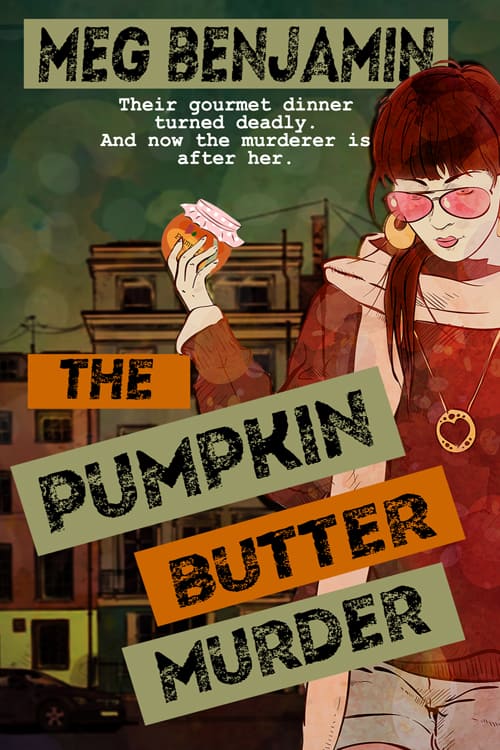Regency Sex
I’m a big fan of regency romances, although I’ll probably never try to write one (the research involved is mind-boggling). I’m obviously not alone in this, given the sales of people like Julia Quinn, Mary Balogh, and Eloisa James (to mention some of my favorites). Incidentally, let me be clear on this: when I say “regency romances,” I’m talking about romances set in England during the early part of the nineteenth century. I know some people have used “regency romance” to designate a particular style of historical romance that involves little or no sex and a lot of heavy breathing. While I’ve read some of those (Loretta Chase’s early series romances fall into that category—so do Stephanie Laurens’s), that’s not what I’m talking about here.
One of the things I love about regencies is the way the authors have to work through the social conventions of the time without letting them stifle the romantic aspects of the story. Basically, they have to develop people with somewhat modern sensibilities but not too modern—they also have to at least pay lip service to the social conventions of the period. So you can have a hero and heroine who chafe at the restrictions placed on them by society, but who still play more or less by the rules. Or you can have a hero and heroine who don’t play by the rules and end up paying the consequences.
Thus, for example, in Quinn’s An Offer From a Gentleman, the gentleman in question can offer an arrangement to a woman who is basically a ladies maid, but he can’t marry her. Even his mother, who’s very sympathetic to his feelings, points out the social disaster that would ensue if he did. Now Quinn sidesteps this issue in typical romance fashion by coming up with an Oliver-Twistish plot turn, but she doesn’t have the hero say, “These social conventions are asinine and I’m going to ignore them.” In Mary Balogh’s Indiscreet, the heroine does defy a social convention and ends up in virtual exile. She’s placed in an impossible position by the somewhat callous hero and ends up having to follow convention only because her other choice is starvation (don’t worry—it’s a romance and has a relatively happy ending).
Which brings me to my subject—sex. To me, the best regency authors realize that they can’t bring totally modern sensibilities to the subject of sex. Characters can’t fall into sexual relationships just because they’re attracted to each other; they live in a society where that kind of behavior has serious consequences, particularly for unmarried women. Which isn’t to say that the characters can’t have sex: Hey, these are romances, right? It just means that the characters have to wrestle with their consciences and their fear of ostracism before they finally, inevitably give in. And once they’ve given in, they have to deal with consequences great and small (e.g., the requisite marriage proposal from the hero after he “ruins” the heroine). One of the things that makes regency romances fun to read is this struggle the characters go through when trying to decide whether to follow their inclinations or to toe the line and follow social convention. Granted, they almost always follow their inclinations, but it’s a lot of fun watching them work through the problems.
Unless they don’t. This is my major complaint about some regencies—they ignore the whole issue of social conventions. Their heroines, even the unmarried ones, hop into sexual relationships without a thought beyond “yummy!” In other words, they behave like modern heroines wearing empire gowns. For me, that’s cheating. If you want a heroine who behaves like a modern woman, write a contemporary romance. But if you’re going to set your romance in the regency, at least make a stab at showing a regency sensibility. Maybe the struggle with conscience doesn’t take all that long, but you at least need to have a struggle to begin with.
In the end, that’s the whole point of a historical romance, at least for me. They show how you can use romance conventions in societies where it’s not as easy to have a romantic relationship as it is here and now. And that’s a good thing, both for romances and readers.
Posted in Blog • Tags: On Reading, reading, regency romance, romance, romance heroines | Be The First To Reply!






